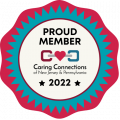Clinical Trials & Treatments at PMI
What is clinical research?
Clinical research is a branch of healthcare science that determines the safety and efficacy of medications, devices, diagnostic products, and treatment regimens intended for human use in order to find a more advanced drug to either cure, prevent, or control a disease.
What is a clinical trial?
A clinical trial or study involves conducting research using human volunteers, also called participants, to further knowledge about a disease, medical instrument, or procedure. Clinical trials look at new ways to prevent, detect, or treat disease. Treatments may be new drugs or new combinations of drugs, new surgical procedures or devices, or new ways to use existing treatments. The goal of a clinical trial is to determine if a new test or a new treatment works and is safe. Clinical trials can also look at other aspects of care, such as improving the quality of life for people with chronic illnesses.
What is a clinical treatment?
A clinical treatment of a disease or disorder involves actual observation and treatment of patients (including experimental treatments) as distinct from theoretical or experimental work. While there are a lot of similarities between clinical research and clinical treatments, the key difference is that clinical (medical) treatment is intended to benefit and help a patient while using accepted procedures and products, whereas clinical research is intended to learn about a medication to potentially help patients in the future.
Contact Us Today
Clinical research is conducted according to a plan known as a protocol. The protocol is carefully designed to safeguard the participants’ health and answer specific research questions. A protocol describes the following:
- Who is eligible to participate in the trial
- Details about tests, procedures, medications, and dosages
- The length of the study and what information will be gathered
A clinical study is led by a principal investigator (PI), who is often a doctor. Members of the research team regularly monitor the participants’ health to determine the study’s safety and effectiveness.
Clinical Treatments Include:
The Center for Information and Study on Clinical Research Participation (CISCRP) also adds that “carefully conducted clinical trials are the fastest and safest way to find treatments that work in people and ways to improve health. Interventional trials determine whether experimental treatments or new ways of using known therapies are safe and effective under controlled environments. Observational trials address health issues in large groups of people or populations in natural settings.”
At least part of almost every treatment you receive in health care has undergone a clinical trial to determine its effectiveness and safety. From pacemakers to antidepressants, everything is carefully researched before it is approved by the FDA for general use. While it is true that participation in a clinical trial may be risky, it may also give people access to healthcare that they would otherwise not have been able to receive. Typically, no insurance information is required to participate in a trial. Volunteers also get the opportunity to play a more active role in their healthcare and receive new treatments before they are widely available to the general public. Most importantly, volunteers in clinical trials help others by contributing to research through their participation.
Check out NIH – Volunteer Stories for comments from participants whose lives have been touched by clinical research.
Why volunteer?
Without volunteers, many treatments we have today would not be available. Even Tylenol and Advil needed rigorous testing through clinical trials before they were approved by the FDA. Life-saving imaging techniques, such as, MRIs and PET scans, were tested on volunteers. Because of the importance of clinical research, many view those who volunteer as “medical heroes”. Volunteers enable medical professionals to fight against diseases that are huge threats to people all over the world.
To find out if you qualify, call (609) 921-6050 or email us at Contact@GMInstitutes.com.


